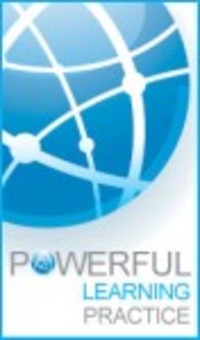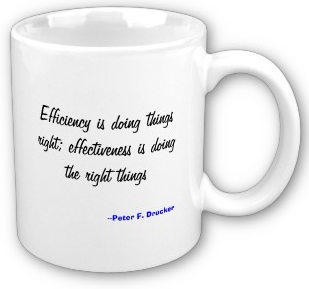Future Ready Schools: A Toolkit for Empowering Educators through Professional Learning
 In 2013, as part of the Connected Educators project led by Darren Cambridge, a group of us developed a professional learning toolkit under the guidance of Richard Culatta and Bernadette Adams of the U.S. Department of Education’s Office of Educational Technology and Claudette Rasmussen of the American Institutes for Research (AIR).
In 2013, as part of the Connected Educators project led by Darren Cambridge, a group of us developed a professional learning toolkit under the guidance of Richard Culatta and Bernadette Adams of the U.S. Department of Education’s Office of Educational Technology and Claudette Rasmussen of the American Institutes for Research (AIR).
Online Learning Checklist
One of my favorite tools in the toolkit (authored by PLP staff: Lani Ritter Hall, myself, and Amber Karnes) is a checklist that evaluates online tools for professional learning. It can be found in Step 4: Implement Professional Learning.This checklist helps district leaders identify effective online learning options to recommend for their faculty. It could also be used to determine what online learning activities should qualify for microcredentialing (credits) or professional growth opportunities for districts who are looking at future ready professional learning strategies that encourage personalized or self directed learning for staff.
The checklist can also be used by individual educators themselves to determine if a particular online activity is valuable and worth their time. The checklist also addresses best practice at the design level for those who are not familiar with such attributes.
General Principles of Effective Practice in Online Professional Learning
 Powerful Learning Practice has had a great deal of experience in developing effective online learning. We recommended the following as considerations for any program of online or blended learning.
Powerful Learning Practice has had a great deal of experience in developing effective online learning. We recommended the following as considerations for any program of online or blended learning.
- The learning should align with district or school student learning and improvement goals.
- Technology should be embedded in the learning experience as a ways to build capacity for the advancement student learning, creativity, and innovation.
- The learning opportunities should support educators in achieving mastery around subject matter knowledge and/or pedagogical skills.
- It should increase educators’ abilities to pose questions and solve problems collaboratively by increasing their digital literacy.
- The online learning should promote opportunities for self-actualization and personal growth of the individual.
- There should also be opportunities for collective growth through learning as a team.
- Embedded in the learning should be opportunities to make connections with people that could result in new innovations or initiatives.
- There should be the opportunity for co-construction of knowledge and collective negotiation of meaning.
- Quality online learning also promotes reflection through the use of collaborative online tools.
- It should result in the creation of a process or product that can be immediately implemented in practice.
- It should include content that is both of quality and validated by research.
- And finally, quality online learning supports change in practice through follow-up, sharing, and documenting the change beyond the initial learning experience.
Characteristics of Effectiveness 
Ask yourself if you see these attributes when participating on online learning experiences:
- It supports active rather than passive participation.
- It is grounded in empirical theories and models of learning.
- It aligns purposefully with student outcomes as well as individual educator and organizational learning goals.
- It is engaging and relevant.
- It is paced and timed appropriately.
- It is led or designed by skilled online facilitators.
- It establishes a set of norms for participation
Instructions for Using the Checklist
Instructions for using the checklist are pretty straightforward. While attending a learning event, simply color in the appropriate dot to determine whether the online learning you are evaluating is rated red (does not meet the criteria), yellow (meets enough of the criteria), or green (meets most of the criteria). Use the “notes” section to add your comments as you reflect on your options.
Here is the link to the checklist (simply scroll down until you see the green, yellow, and red dots). You could also use this tool as a guide to developing quality online learning experience.
Check it out. Then come back and let us know what you think of the tool and how you plan to use it in your work.
Latest posts by Powerful Learning Practice (see all)
- Hurry, you do not want to miss out on this… - November 3, 2020
- Resist the Urge to Quit Prematurely - October 26, 2020
- Let’s Move Past Feeling Disconnected from Your Students. Words Matter - October 24, 2020


Trackbacks/Pingbacks